CORRECTION
Published on 13 Apr 2022
Corrigendum: The Role of Histone Lysine Methylation in the Response of Mammalian Cells to Ionizing Radiation
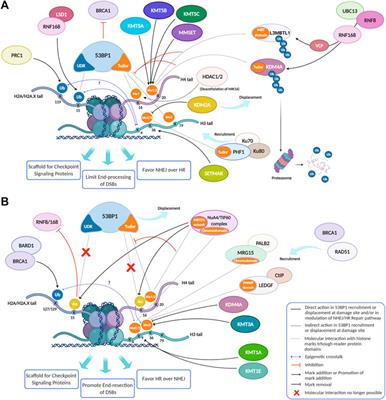
doi 10.3389/fgene.2022.896771
- 608 views
8,777
Total downloads
51k
Total views and downloads
Select the journal/section where you want your idea to be submitted:
CORRECTION
Published on 13 Apr 2022

EDITORIAL
Published on 04 Mar 2022
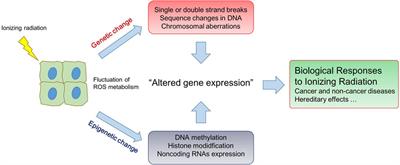
ORIGINAL RESEARCH
Published on 11 Nov 2021
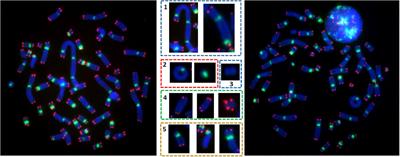
BRIEF RESEARCH REPORT
Published on 06 May 2021
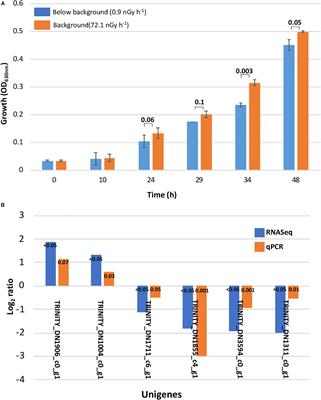
ORIGINAL RESEARCH
Published on 28 Apr 2021
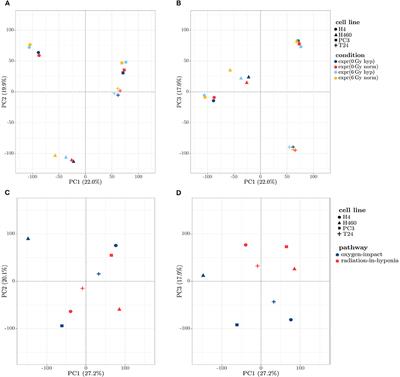
REVIEW
Published on 30 Mar 2021
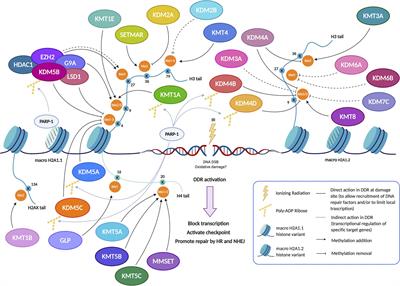
ORIGINAL RESEARCH
Published on 14 Dec 2020

ORIGINAL RESEARCH
Published on 27 Nov 2020
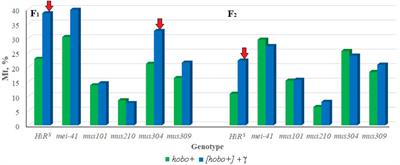
REVIEW
Published on 02 Oct 2020
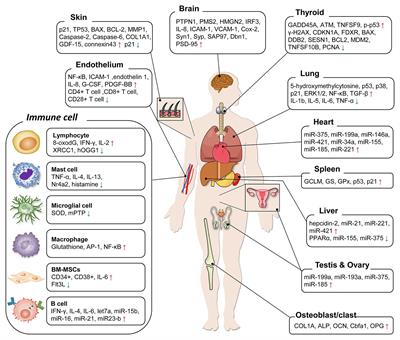

Frontiers in Cell and Developmental Biology